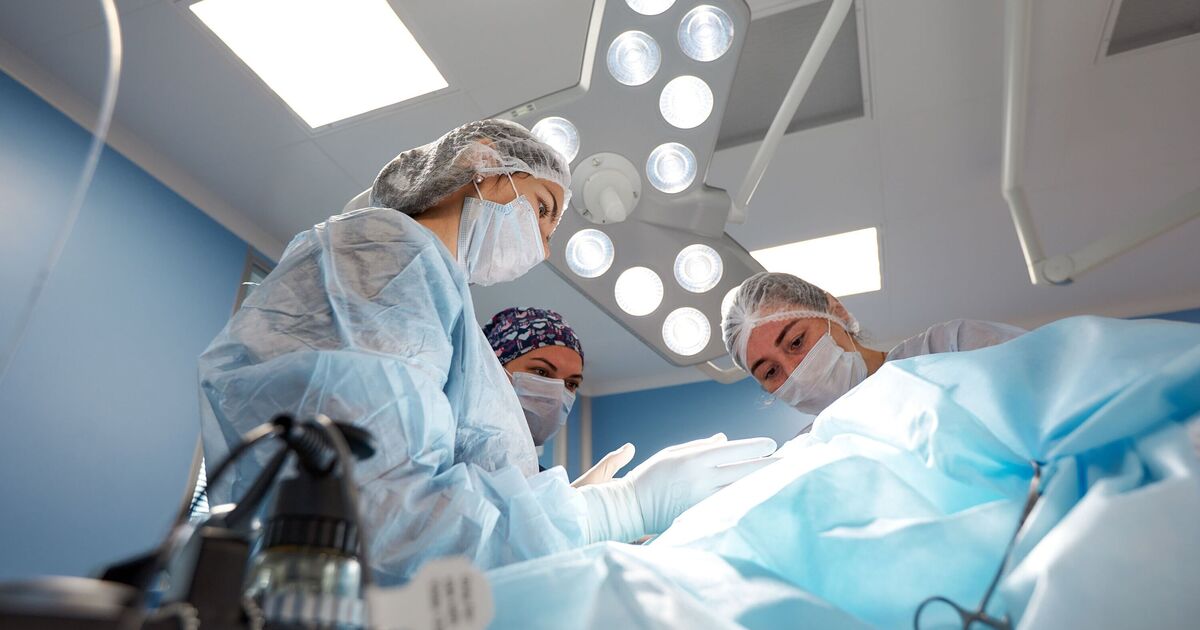Doctors Stunned: One Habit That Cuts Surgery Recovery Time in Half

Medical researchers are shedding new light on a promising approach to surgical preparation that could dramatically improve patient outcomes. Prehabilitation, an innovative pre-surgery strategy, is emerging as a powerful tool to help patients build strength, resilience, and recovery potential before going under the knife.
Unlike traditional pre-surgical protocols, prehabilitation takes a proactive approach to patient wellness. By implementing targeted exercise, nutrition, and lifestyle interventions weeks before surgery, medical professionals aim to optimize patients' physical and mental readiness for medical procedures.
Recent studies have demonstrated remarkable benefits of this comprehensive preparation. Patients who undergo prehabilitation often experience shorter hospital stays, faster recovery times, and reduced complications compared to those who follow standard pre-surgical guidelines.
Key components of prehabilitation typically include:
• Personalized exercise programs
• Nutritional counseling
• Stress management techniques
• Mental health support
Experts believe this holistic approach could revolutionize surgical preparation, transforming how healthcare providers prepare patients for complex medical interventions. As research continues, prehabilitation stands poised to become a standard of care in modern medical practice.

